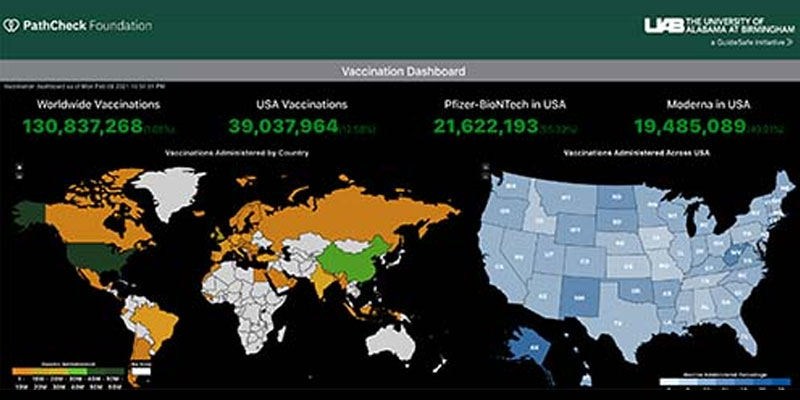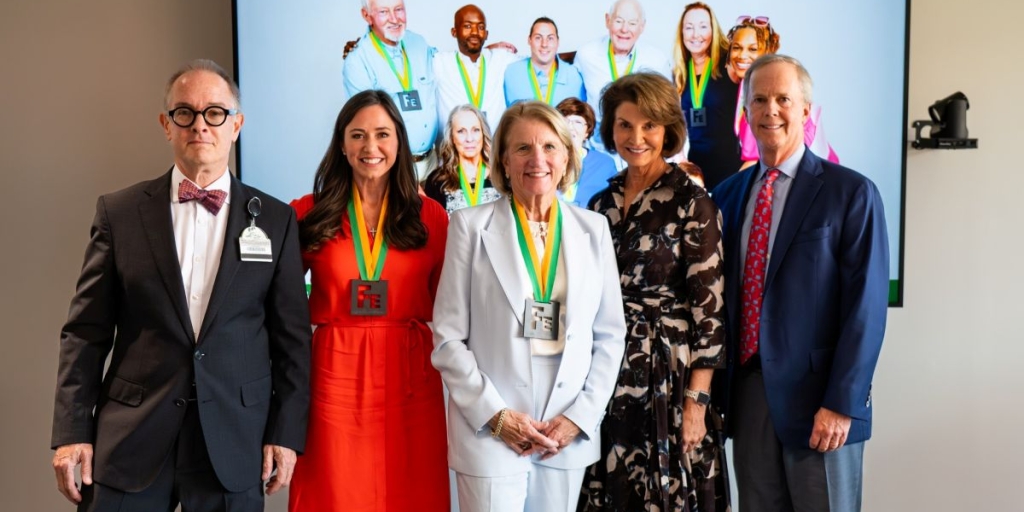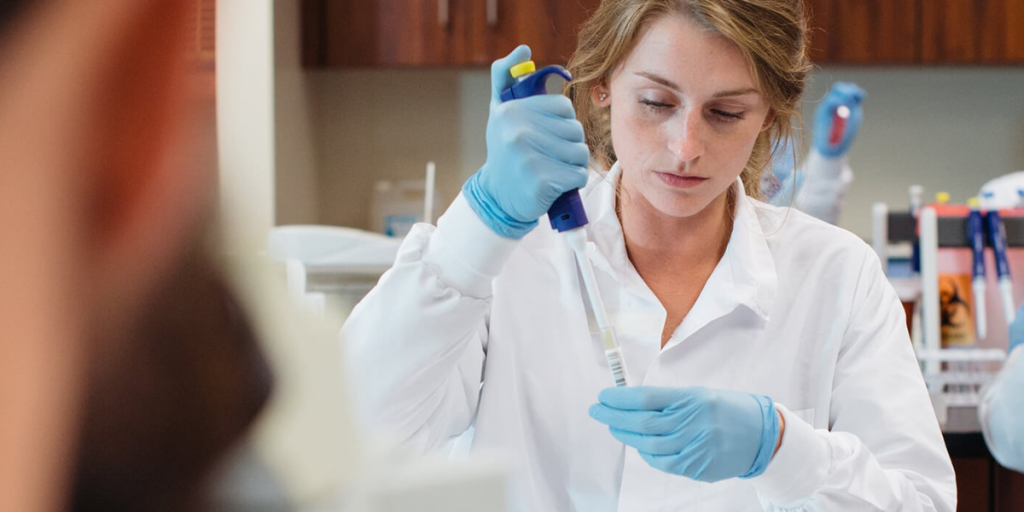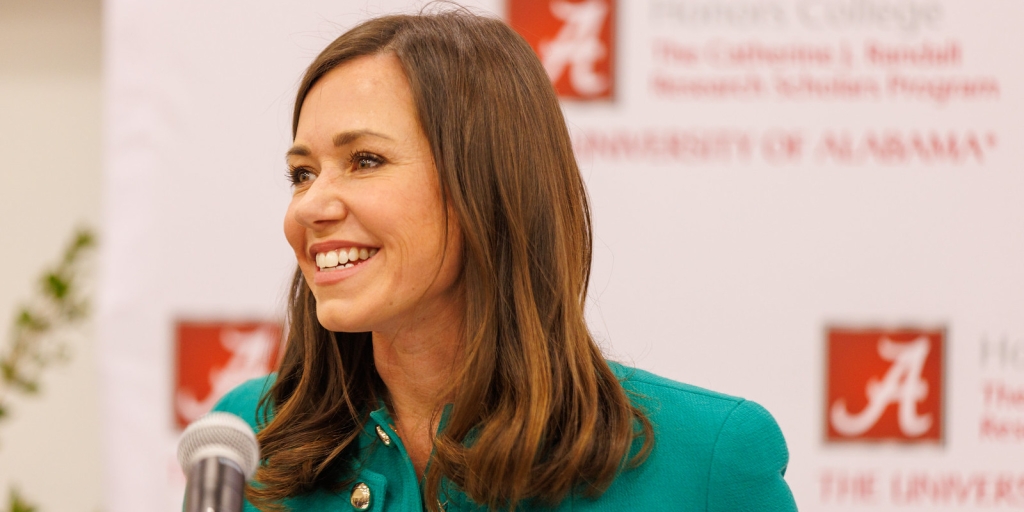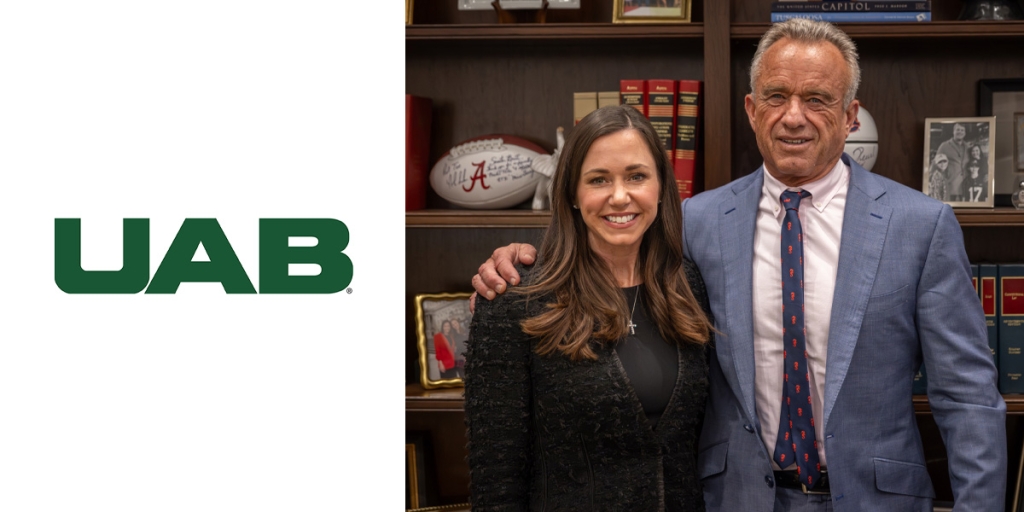The University of Alabama at Birmingham and PathCheck Foundation — founded at the Massachusetts Institute of Technology — have partnered to launch a worldwide, interactive, COVID-19 vaccination dashboard. Normally constrained by the fragmented landscape of local systems and data collection processes, the vaccination dashboard will allow the general public, public health officials and researchers to access aggregated vaccination data and visualize information by state, region, and country, all while answering important questions and analyzing trends for the future.
UAB and PathCheck Foundation’s vaccination dashboard was developed and is maintained using complelety anonymous data collected from more than 60 governmental agencies and other publicly available data sources. The vaccination dashboard tracks and updates the quantity of vaccines administered on a state level, as well as with an international view option. Futhermore, the vaccination dashboard shows a breakdown of numbers of a specific brand of vaccine administered, inoculated population percentages, and data broken down into first- and second- dose categories.
“As we shift from focusing on the spread of COVID-19 to balancing the return of our lives to normal, vaccinations are one of the key components. The vaccination dashboard provides information to everyone, regardless of who you are or where you live,” said Sue Feldman, Ph.D., professor and director of graduate programs in health informatics in UAB’s School of Health Professions. “With so much data and information to process, we partnered with PathCheck Foundation to develop a one-stop-shop where people could visualize the content in an easy to understand manner. We are excited about our partnership with the PathCheck Foundation to make this happen.”
The UAB and PathCheck Foundation vaccination dashboard is currently updated every four hours with available data. It will remain fluid and updated accordingly as different data – such as vaccine brands – are available. Looking forward, continued enhancement of the vaccination dashboard will include more data visualization, prediction, and analysis tools, as well as more detailed state information, as available.
“The vaccination dashboard is yet another important tool that is enabling the public to transparently understand where we are as a country in the fight against COVID-19,” said Selwyn Vickers, M.D., dean of UAB’s School of Medicine. “From launching exposure notification platforms for alerting people of potential virus exposures to visualizing vaccinations, I’m excited that UAB has been an international leader in keeping the public informed and educated, and this dashboard is another way for us to keep doing so.”
The collaboration between UAB and PathCheck Foundation on the vaccination dashboard expands upon an existing partnership between the two organizations. Jointly, UAB and PathCheck Foundation worked together to include UAB’s anonymous and encrypted COVID-19 test verification technology created for GuideSafe™ in the PathCheck Foundation exposure notification app. We are also pleased to announce that the updated GuideSafe Exposure Notification app, developed as a result of this partnership, is available today in the Google Play and Apple App stores.
“The PathCheck Foundation team is very excited about our partnership with UAB. This dashboard is a testament to our shared vision of keeping the public informed during uncertain times,” said Ramesh Raskar, Ph.D., associate professor in the Massachusetts Institute of Technology Media Lab and board chair and chief scientist at PathCheck Foundation. “As we all navigate the pandemic together, we hope that this dashboard and our other digital tools will continue to keep the flow of data moving to those seeking information while always carefully protecting the privacy of individuals.”
PathCheck Foundation is a 501(c)3 charitable organization working to build digital solutions for public health through open-source software, standards and public health programs that help contain the pandemic, revitalize economies and protect individual freedom and privacy.
(Courtesy of UAB)




